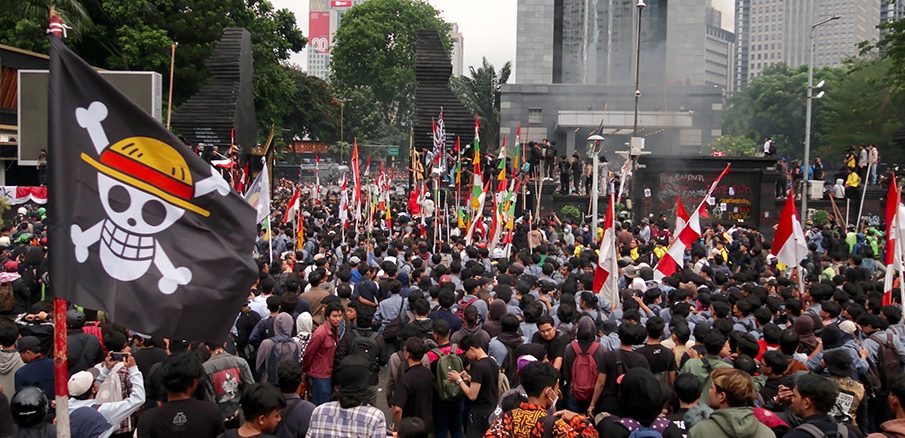Understanding the Recent Indonesian Protests

Introduction
In recent months, Indonesia has witnessed a surge in protests that reflect the public’s discontent with various government policies. These demonstrations have become significant not only for Indonesia’s political landscape but also in terms of social cohesion and global perceptions. The protests stem from issues such as environmental concerns, economic inequality, and calls for democratic reforms.
Background of the Protests
The protests escalated significantly starting in July 2023, driven primarily by widespread dissatisfaction with President Joko Widodo’s administration. Issues such as rising inflation, corruption allegations, and a controversial law on job creation have mobilised citizens across various demographics. Many protesters view these governance decisions as disregarding the people’s needs while prioritising foreign investment.
Key Events
On August 17, the largest protest occurred coinciding with Indonesia’s Independence Day, where thousands took to the streets of Jakarta, Bali, and other major cities. Demonstrators carried banners demanding more significant government action on climate change after recent devastating floods in several regions. The government faced criticism for its slow response to these natural calamities, further fuelling opposition sentiment.
Moreover, several activists were detained during these demonstrations, sparking accusations of police brutality and excessive force. Human rights organisations have called upon the government to respect the right to peaceful assembly, stating that arbitrary detentions only exacerbate public tensions.
Public Reaction and Government Response
Public reactions to these protests are mixed. While many citizens support the protests, believing they are a crucial avenue for expressing grievances, others view them as destabilising during a time of economic recovery post-pandemic. In response, the Indonesian government has initiated dialogue sessions with selected community leaders, aiming to address grievances more constructively.
Conclusion
The significance of the ongoing Indonesian protests cannot be overstated. They represent a pivotal moment for civic engagement in the country, highlighting a population that is increasingly demanding accountability and change. With upcoming legislative elections in 2024, the implications of these protests may shape the political landscape for years to come. Observers predict that if the government fails to address the key issues raised by protesters, the unrest may not only continue but escalate, potentially leading to broader social shifts in Indonesia.









